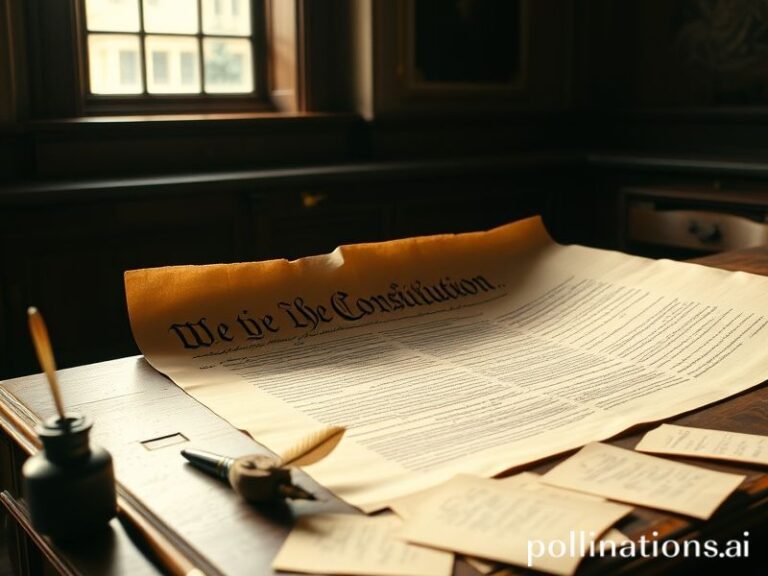How Tony Jacklin’s 1970 Open Win Accidentally Saved Britain (and Invented Modern Golf Nationalism)
The man in the grainy 1970 colour footage looks like he’s just been handed the keys to a fallout shelter seconds before the sirens start wailing. Tony Jacklin, hair still behaving like it has somewhere better to be, lifts the claret jug above his head at Royal Lytham while the BBC commentator tries not to hyperventilate. The entire island of Great Britain exhales a collective “Thank Christ, something finally went right.” Two years earlier, man had walked on the moon; two years later, the same species would invent the Pet Rock. In between, a 25-year-old son of a Scunthorpe steelworker reminded the world that England could still manufacture something other than economic despair and novelty pop songs.
Jacklin’s Open victory didn’t merely end an 18-year British drought at golf’s oldest championship; it performed emergency CPR on a nation’s self-esteem. Harold Wilson’s Labour government was busy devaluing the pound like a supermarket loyalty coupon, and the Beatles were already halfway to implosion. On the continent, Charles de Gaulle had recently vetoed UK membership in the EEC for the second time, essentially ghosting Britain on the world stage. So when Jacklin holed that final putt, it was less a sporting milestone than a geopolitical antidepressant, dispensed free of charge on a Sunday afternoon.
Across the Atlantic, the Americans—who had just endured Nixon, Vietnam, and the first Earth Day—took note. Golf, their increasingly suburban pastime, suddenly had a European face that wasn’t wearing a kilt or swinging a shillelagh. NBC executives sensed opportunity the way vultures sense a slow wildebeest: within a decade, transatlantic team events would be repackaged in prime time, complete with flags, anthems, and enough commercial breaks to fund a small invasion. Jacklin unwittingly became the opening act for the monetisation of patriotism, a theme that would prove wildly profitable right up to the present day, when every border skirmish can be live-streamed in 4K with sponsored replays.
Yet the deeper irony is that Jacklin’s legacy is now most visible in his failures. As Ryder Cup captain in the 1980s, he dragged the biennial mismatch from the sleepy amateurism of county-fair Britain into the glitzy age of Learjets and appearance fees. Europe’s eventual victory in 1985 at The Belfry—its first since Noah was a mid-handicapper—owed less to European unity than to Jacklin’s talent for convincing millionaires to care about something that didn’t come with a cheque. In doing so, he set the template for every subsequent captain: part life coach, part tax adviser, part hostage negotiator. The modern Ryder Cup is a billion-dollar carnival of choreographed nationalism, and it all started with a man who just wanted to stop losing quite so publicly.
The global golf industry now sprawls from gated Florida suburbs to newly irrigated deserts in the Gulf, where migrant workers lay sod under 45°C skies so that hedge-fund managers can complain about the greens. Jacklin’s swing—compact, upright, forged on winter ranges where the North Sea tries to kill you—now looks as antique as a rotary phone. Yet the moral remains: every empire, whether sporting or actual, begins with one improbable putt dropping when it absolutely shouldn’t. The rest is just merchandising.
Today, Jacklin lives in Florida, the tax-friendly holding pen for retired British icons who’d rather not dwell on what their homeland has become. Occasionally he appears on Sky Sports, sounding like the last sane person in a locked ward, lamenting that modern players “don’t talk to each other enough,” which is golf-commentator code for “everyone is richer and lonelier than ever.” Whether that’s progress depends on your handicap, and on how much you enjoy watching civilisation auction itself off one luxury suite at a time.







